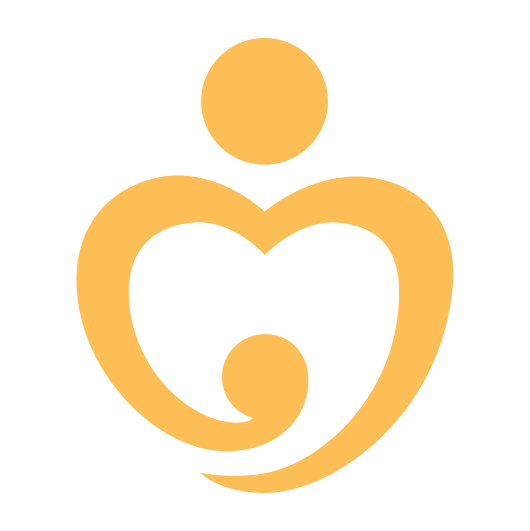A hope for change: Preventing life-threatening risks for mothers and babies in remote Dolpa
By Reena Khulal, District Coordinator in Dolpa
For rural communities in Dolpa, one of Nepal’s most remote districts, quality healthcare for mothers and babies is often a huge challenge. One Heart Worldwide is helping the local government in the rural municipalities of the district to help improve maternal and neonatal health services.
Jayadevi R. was only 23 years old when she died during delivery, leaving behind her baby and husband, supported by his mother and sister in the remote Okta village, ward-8 of Mudkechula rural municipality of Dolpa district in Nepal.
Her husband Ganesh B. grieves for his wife and regrets not being able to take her to a hospital to save her life. “I recall how she was worried about our baby, but we never expected that she would suffer from such complications,” he said.
For Ganesh and most villagers, making the journey to the nearest hospital is a challenge due to the tough terrain and dangerous roads. Often, it is also difficult to find a vehicle in their villages.
He managed to find a vehicle, but it was too late. “We couldn’t reach the District Hospital on time and she died on the way to the hospital,” says Jayadevi’s mother, who is still grieving the loss of her daughter. All of them live in an impoverished neighborhood without access to quality healthcare or a proper road. Unsafe motherhood is quite common in the community.
Most households in Mudkechula must travel nearly 9 hours to reach the nearest, properly equipped hospital. People have to walk for nearly 4 hours up and down the hills to access the nearest motorable road. From there, it takes another 5 hours to reach a properly equipped hospital.
The birthing centers in this rural municipality lack equipment and medical supplies, are under-resourced, and the nurses are not well trained.
Jayadevi’s untimely death is just one of many incidents of maternal and neonatal deaths in several Palikas of Dolpa. These deaths occur especially due to lack of quality birthing centers and poor knowledge of safe birthing among women and their families. The road infrastructure is still poor and off-road vehicles are very difficult to obtain. In many cases, these factors delay the decision to seek care for safe birthing, and ultimately risk the lives of both mom and baby.
There are many families who still do birth deliveries at home without the help of skilled nurses and many give birth on the way to health facilities due to delays in decision making. Jayadevi’s death is a common story for many pregnant people whose deaths haven't been recorded or reported to health facilities.
Dolpa is located in Karnali Province, which is also home to many of the poorest hill districts where the road infrastructure is among the least developed in Nepal. The health system in Dolpa is underdeveloped in comparison to other districts and people lack access to basic healthcare, which makes common infections fatal here. We have observed malnutrition and poor MNH services, which have an impact on district and community development.
In the birthing centers we visited, there was a lack of emergency medicines to keep mothers alive. This was accompanied by inadequate equipment to carry out safe deliveries, and poor sanitation in the delivery room that raises the risk of infection. In addition, many birthing centers do not have a full staff, and we often see that one employee is in charge of an entire medical facility.
Mothers often make a long journey to the District Hospital during labor because their community-based health facilities are inadequate. Many do not even have maternity waiting rooms or proper maternity beds. Their journeys are often filled with risks, and at times they are forced to deliver on the roadside in the middle of their journey. These factors increase the risk of postpartum hemorrhage-related deaths.
Strong cultural beliefs
One of the biggest risks of death for soon to be mothers in Dolpa is also due to cultural factors. The local communities still follow harmful traditional practices that date back centuries. For example, if a pregnant woman experiences problems, she would rather go to a faith healer in her community than to a hospital.
Similarly, when newborns have health problems, the families will consult with faith healers and not seek healthcare with medical professionals. This is also the cause of a high number of newborn deaths.
In their community underage marriage and early pregnancy is commonplace, which raises the risks for both pregnant women and their babies. Even when a newborn survives after the mother’s death, the risks are high - the baby won't be able to receive warmth from the mother, breast milk, and other neonatal care. Among newborns, this causes malnutrition, as well as emotional and psychological problems as they grow.
Additionally there are many cases of mothers in the community who are against institutional birth delivery due to negative cultural values that persist. There is a belief that pregnant women shouldn't cross rivers as that would put the baby at risk. This prevents many of them from getting to a proper health facility. If a mother gives birth in a birthing facility, she is prohibited from entering a home for 13 days and is forced to live outside in a goat shelter. This increases the danger of infection for both mother and child as well as the possibility of newborns suffering from hypothermia.
One Heart Worldwide’s intervention in Dolpa
The One Heart team has been actively providing support to the local government. We have already started training health workers and Female Community Health Volunteers (FCHVs) on birth preparedness plans and use of Misoprostol tablets to prevent maternal death due to postpartum hemorrhage (PPH). We also have plans to support birthing centers of Mudkechula rural municipality with upgraded and improved equipment.
Our clinical team is also assisting local nurses and health staff with MNH helpline services so that they can directly contact senior gynecologists and other specialists in an emergency to save the lives of mothers and newborns.
We are also coordinating closely with the Municipality Chairperson and District Health Coordinator regarding the Emergency fund, which they are planning to start in 2023 with the support of One Heart. The municipality has been positive about making changes and committed to providing regular supply of emergency drugs in all of the birthing centers of Mudkechula. The local government has already allocated some budget for the construction of a new birthing center on a co-investment basis with OHW.
There are a lot of challenges ahead but our support to help the municipalities in Dolpa is already heading in a positive direction.





